Keywords: Jesuit Social Services
There are more than 200 results, only the first 200 are displayed here.
-
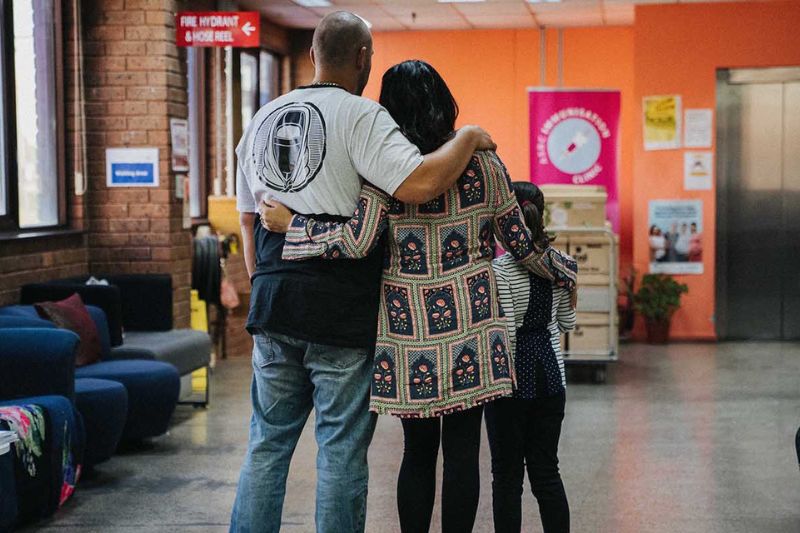
AUSTRALIA
- Andrew Hamilton
- 16 February 2023
After years of intense debate, Australia has now offered permanent residence to people with Temporary Protection Visas (TPVs), which caused great suffering and were part of a deterrence policy. However, this decision is just an incremental step towards a more humane refugee program that respects secure borders and the humanity of people seeking protection.
READ MORE
-
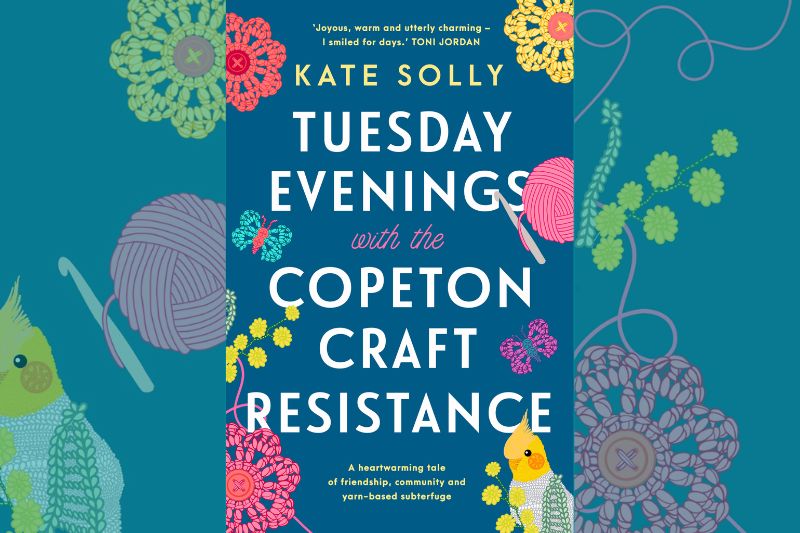
ARTS AND CULTURE
- Andrew Hamilton
- 09 February 2023
3 Comments
The plot of Kate Solly’s very enjoyable first novel, Tuesday Evenings with the Copeton Craft Resistance turns on the conflict between good and evil, represented respectively by the generous desire to turn Catholic property over to refugees and the vicious desire to prevent the project by portraying refugees as Muslims and Muslims as sinister and alien.
READ MORE
-
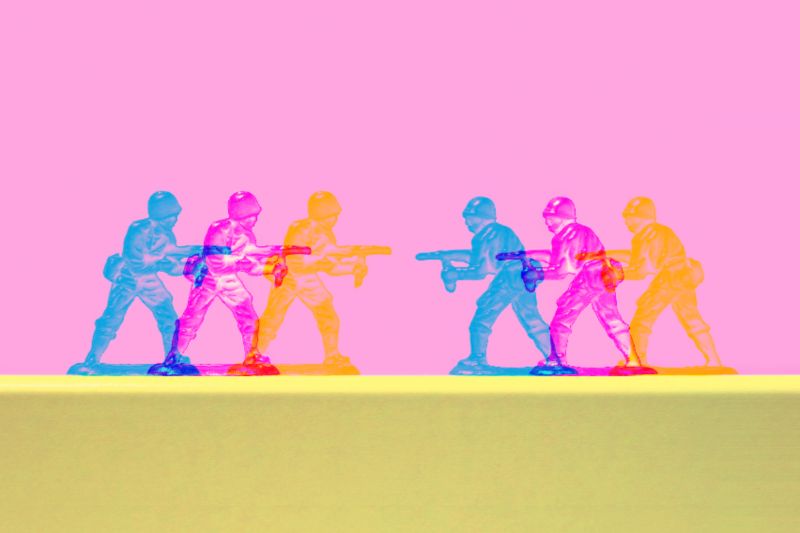
AUSTRALIA
- Andrew Hamilton
- 02 February 2023
6 Comments
Any discussion of the ethics of culture war should begin with the basic reality of human communication: to flourish, human beings rely on cooperation with other people. Speaking abusively about others weakens the necessary trust that lies at the foundation of a well-functioning society and inhibits the conversation about values necessary in a humane society.
READ MORE
-

AUSTRALIA
- Andrew Hamilton
- 31 January 2023
They take us to unexpected places, to wonder at the beauty of places we have passed by and, dangerously, to ask ourselves where we want most deeply to sail. Holidays can be the call of the Sirens who schemed to lure Odysseus on to the rocks. But they can also be the request that drew Peter to take Jesus into his boat.
READ MORE 
-
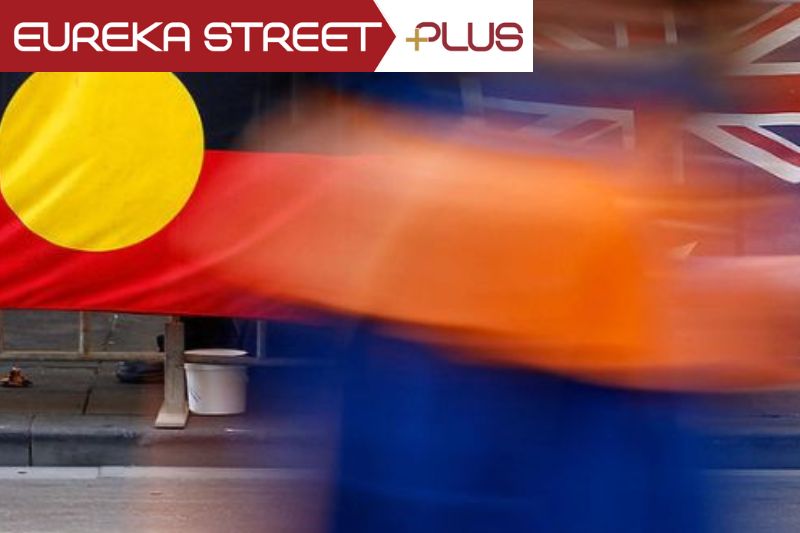
AUSTRALIA
- Julian Butler
- 27 January 2023
2 Comments
Amidst concern for the painful experience of First Nations peoples on Australia Day, and a desire for justice I find myself bouncing between question of moving the date, and all the strands of what the day means and represents.
READ MORE 
-
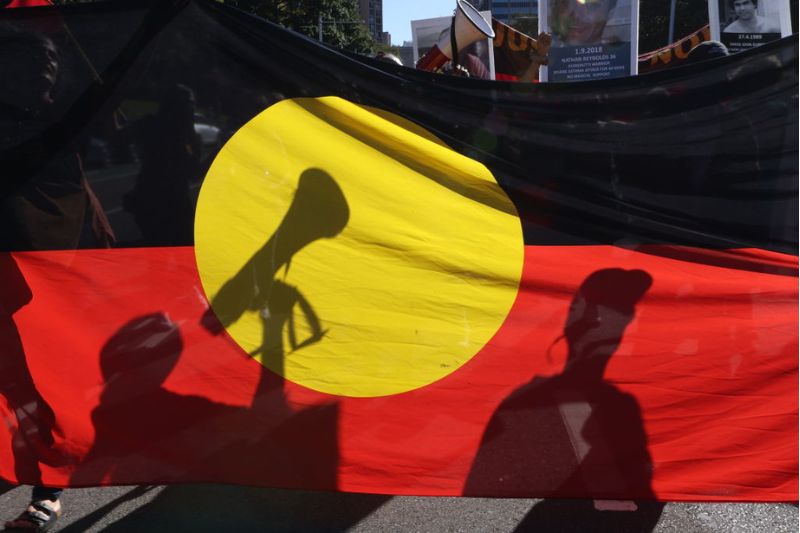
AUSTRALIA
- Andrew Hamilton
- 24 January 2023
18 Comments
Australia Day has long been a source of controversy for Indigenous Australians. This year, the Referendum on Indigenous Voice to Parliament promises to be a major battleground in the ongoing debate over Australian identity, and will serve as a reminder of the deep-seated history of dispossession, discrimination and the long road to reconciliation.
READ MORE
-
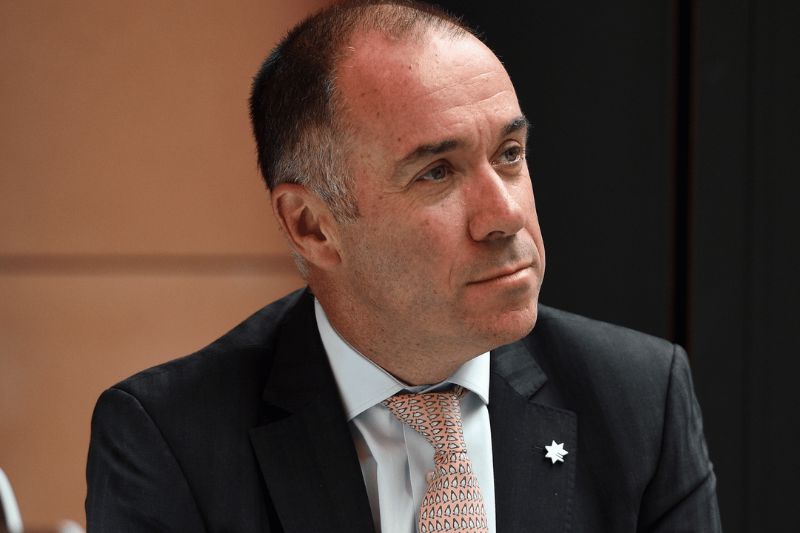
AUSTRALIA
- Chris Middleton
- 12 January 2023
It is highly doubtful that the Essendon Football Club appreciated the reaction that would occur when it presented its new CEO, Andrew Thorburn, with the option of giving up his role as a lay leader in the City on a Hill Anglican Church or resigning from his role with the Club. Even if many were uneasy about how the issue was caught up in the culture wars, it caused widespread concerns amongst people of faith.
READ MORE
-
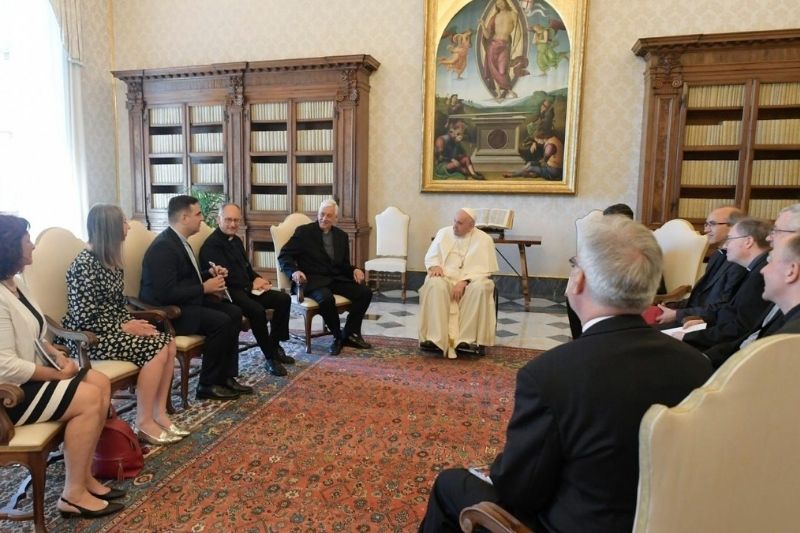
MEDIA
- Andrew Hamilton
- 12 January 2023
In a recent meeting Pope Francis met the editors of European Jesuit cultural magazines. As usual in such meetings he did not give an address but invited the participants to ask questions. The questions ranged across a wide area, reflecting the different readership and religious culture of the magazines. Underlying the Pope’s responses lay a challenging and coherent approach to the Jesuit mission and to communication that invites self-reflection also among Jesuit magazines and their readers outside Europe.
READ MORE
-
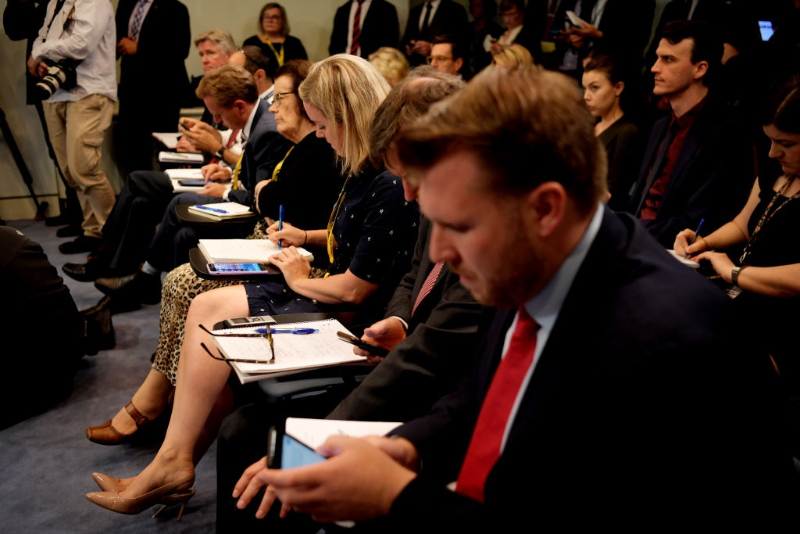
MEDIA
- Andrew Hamilton
- 05 January 2023
It is unfortunate that World Communications Day is celebrated in the middle of an election campaign. We have seen the worst of partisan media coverage, of shouting as a preferred form of communication, of endless experts promising Armageddon if the result is not to their taste. And yet we have also seen the best of media informing us of the issues that concern people in different parts of Australia. Without such public communication, for all its defects and excesses, our society would be the poorer.
READ MORE
-
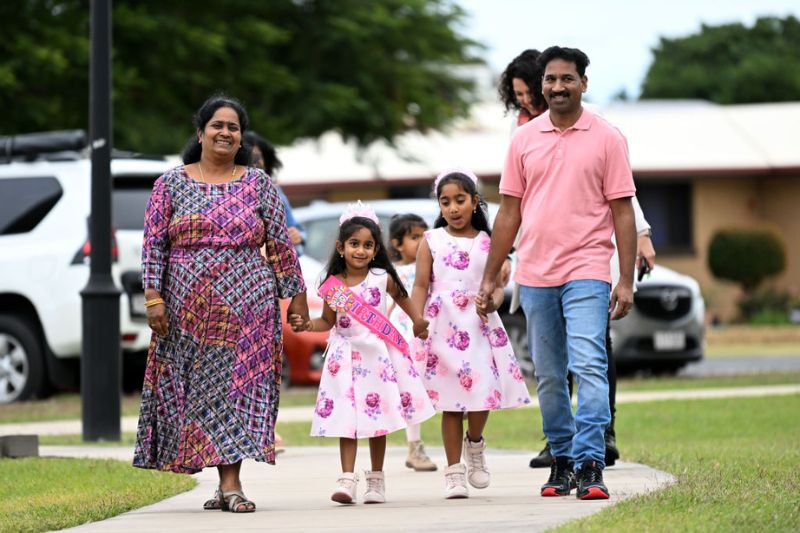
AUSTRALIA
- David Halliday, Michael McVeigh, Laura Kings, Michele Frankeni, Andrew Hamilton, Julian Butler
- 21 December 2022
2 Comments
To close the year for Eureka Street, the editorial team wanted to nominate who we considered to be the Eureka Street ‘person of the year’ based on who we think somehow embody Eureka Street values.
READ MORE 
-
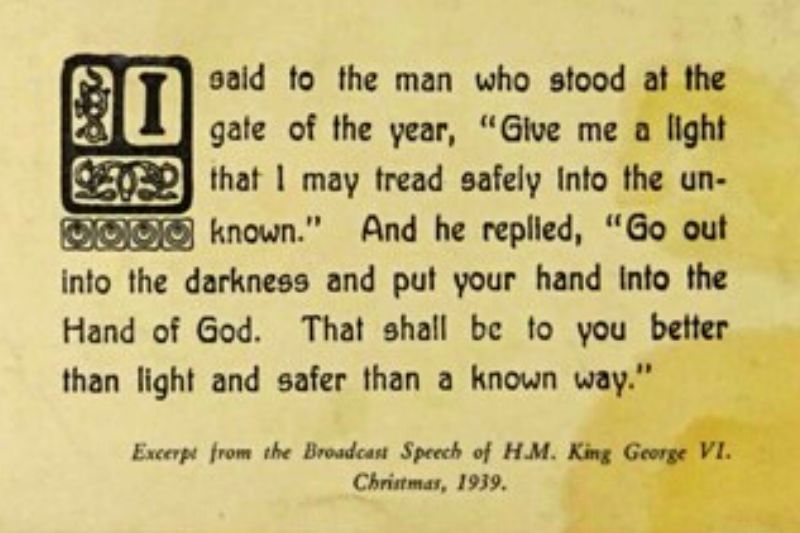
AUSTRALIA
- Andrew Hamilton
- 21 December 2022
4 Comments
In 1939, King George VI gave an encouraging Christmas address, speaking after the Declaration of War on the Nazis. The future was uncertain, with no assurance of survival. In Australia we do not face the same immediate threat, but we do share the same uncertainty.
READ MORE 
-

AUSTRALIA
- Andrew Hamilton
- 12 December 2022
Parks are gifts, not only of nature but of people who have recognised how important they are for good human living and have guarded them. Recent generations have been less generous in providing parks and in protecting them from encroachment. At a time when the survival of the earth as we know it depends on our treasuring the beauty and delicacy of the natural world, such neglect is disrespectful.
READ MORE 